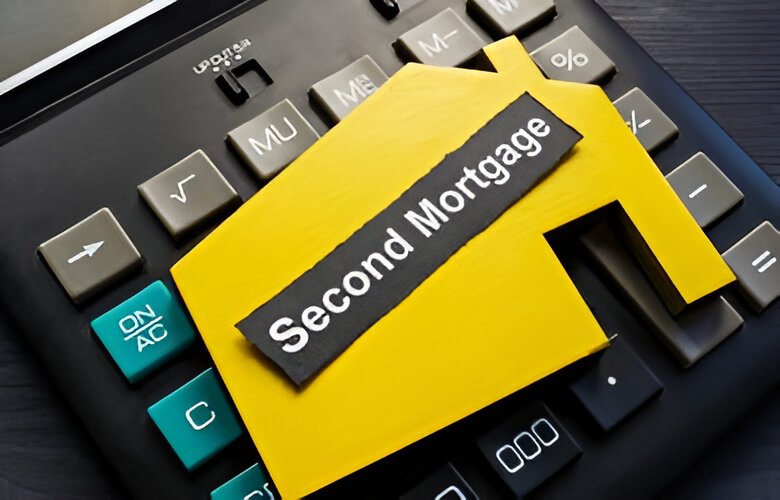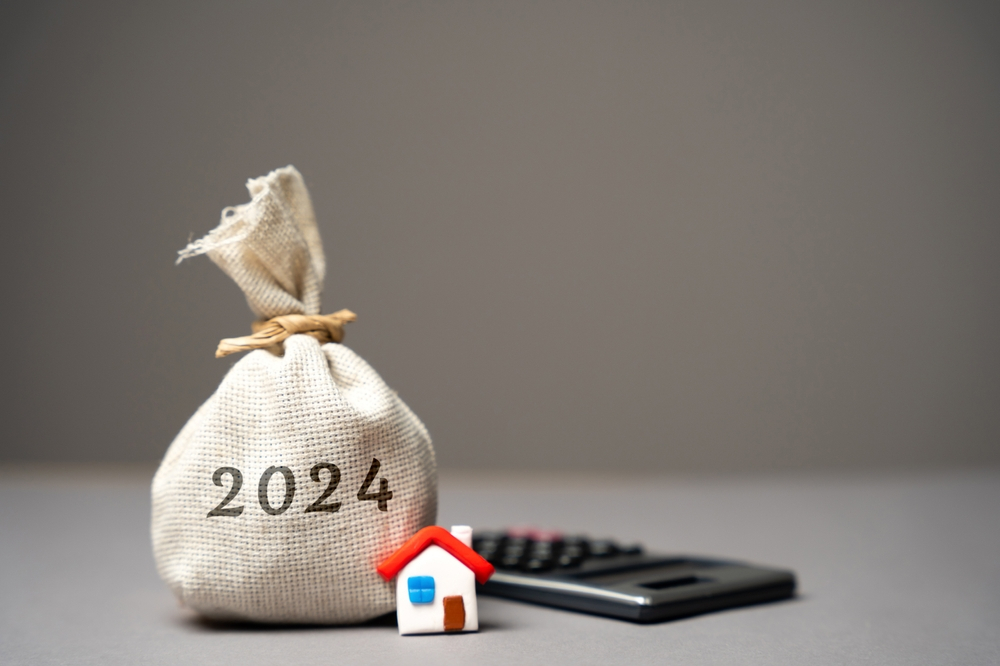The joyous milestone of leaving your parents’ home can often be plagued with uncertainty and doubts. If you’re a first-time home buyer, you might be curious about how to apply for your first mortgage. Thankfully, Freedom Capital is here to support you!
How to Beat Canada’s Tough Residential Market
This year’s February saw an all-time high for Canadian property prices. During this time, the average price of a home in Canada was $816,720, but it has since decreased to around $640,480. You might be asking why this occurred and what it means for you as a prospective home buyer.
The Canadian government started hiking the overnight lending rate earlier this year, with the most recent increase being just last month. The benchmark rate is at 4.5 percent, which is the highest level since 2008. The objective of this new strategy was to control inflation, which has in fact started to decline in the previous few months, despite the fact that these conditions may make it more challenging to qualify for a mortgage.
Even though inflation has recently slowed down, it is unclear if the Bank of Canada will keep raising interest rates in the upcoming months, which makes the residential housing market particularly challenging to navigate.
Canadian home sales are down 31% from a year ago, showing reluctance to take on additional loans given the state of the market. You might want to think about the effects of investing under the current rate policies if you’re considering leaving your parents’ house.
How to Start Planning for Your Own House
There are many practical factors to take into account before leaving your parents’ home. You must first choose a timeframe for your move, think about the area you want to relocate to, and select a property type before beginning your property search. You should also start looking for a reputable realtor who can guide you through the home-buying process.
However, in addition to these objectives, you will also need to start making financial preparations. The following are some best practices to assist you in getting ready for this significant step:
Get Your Credit in Good Shape
Getting your credit score in order beforehand is one of the simplest methods to increase your chances of getting a mortgage approval while also improving the rates and terms you qualify for.
The simplest strategy to raise your credit score if you have never taken out a large loan is to get a credit card, make minor purchases (around 10% of your limit), and pay them off right away. Repeating those actions over a period of a few months can cause your credit score to gradually rise.
While you are preparing to buy your first house, it is a good idea to refrain from taking out any other loans or significant obligations. This will help maintain your credit score as high as possible. Making consistent, on-time payments on debt you already have, such as student loans or auto loans, can also help your credit score rise over time.
Start Saving Up for a Down Payment
The portion of the home’s purchase price that you are paying upfront with your own money or money that was given to you as a gift is known as a down payment. It is among the largest up-front costs you may encounter when buying a home. Your overall mortgage costs will be lower the more you can save for a down payment.
It is a smart notion to create a savings strategy in order to be ready for this expense. Try to set aside a sizable portion of your disposable income into a savings account over a period of a few months or years. In order to prepare for this payment, you might also want to make a monthly budget and find ways to save money wherever you can.
Create a Monthly Budget
You will have to budget for independent living costs as well as monthly mortgage payments once you move into your new house. Create a monthly budget before moving that includes your mortgage, utilities, and anticipated tax bills as well as allowances for food, entertainment, and other expenses.
If you already have a budget, keep in mind that when moving into a new home, some of the numbers may need to be adjusted. A greater average cost of groceries or higher parking fees can come with your new location. Prior to the relocation, it is a good idea to do some research on these issues.
Your likelihood of making your monthly mortgage payments increases with how well you manage your finances. Missing a mortgage payment can increase your fees over the course of your loan and have a bad effect on your credit rating.
Applying for Your First Mortgage Loan
Your lender will assess your income, credit score, debt history, and debt ratios when you apply for a mortgage to decide whether or not to approve you for a loan. The less risk you represent to your lender, the better off your finances are. Your lender is more likely to approve your mortgage application if you pose less danger to them.
Depending on your credentials and personal preferences, the size of your mortgage loan may change. You are not required to obtain the biggest loan that you are eligible for. In fact, picking a home that is comfortably within your budget makes it possible for you to easily make your monthly payments and is probably going to make you eligible for lower interest rates.
Here are a few elements of the mortgage application process to consider:
- Down payment: Depending on the value of your home, your down payment may be as little as 5% of the total cost. The requirement for a minimum 20% down payment on any properties with a value more than $1 million should be noted. As of September 2022, the average home in Toronto cost $1,086,760, requiring a down payment of $217,352 on average.
- Mortgage default insurance: You must buy mortgage default insurance if your down payment is less than 20% of the total cost of your transaction. This insurance covers the increased risk you provide to the lender but will ultimately raise your rates.
- First-Time Home Buyers Incentive: For buyers who are having a hard time saving for their down payment, the Canadian government’s first-time homebuyer incentive program is a fantastic choice. Under this scheme, the Canadian government may give first-time buyers 5% of the price of an existing home or 5% to 10% of the price of a newly built home. When the property is sold or 25 years have passed since the purchase date, the “incentive” must be repaid.
- Mortgage rates: You may be given the option of choosing between fixed and variable rates while negotiating the conditions of your mortgage. These will determine how much of your loan, in addition to your normal payments, you will have to pay in interest. While variable rates fluctuate based on the current benchmark rate, fixed rates are constant for the full length of your mortgage. Fixed rates are preferable when rates are low. Variable rates might ultimately be a better choice when interest rates are high.
- Closing Expenses: When getting ready to buy a home, you’ll need to budget for closing costs in addition to the costs associated with your financing. These expenses may include new home buyer fees, insurance, down payments on new homes, property taxes, and other expenses.
- Pre-Approval: You might want to think about getting a pre-approval if you want to go into the house-hunting process knowing exactly what your budget is and how big your loan can be. You can review your finances with a Freedom Capital broker’s assistance, find out which lenders and products you qualify for, and get pre-approved for the best deal.
It can be difficult to apply for your first mortgage, but Freedom Capital is here to support you. We can begin exploring the mortgage that would be best for you once we have a complete picture of your income, credit, and debt data. We can give you the best solutions based on an assessment of our 200 active lenders, various mortgage programs, their features, risks, and structure.








